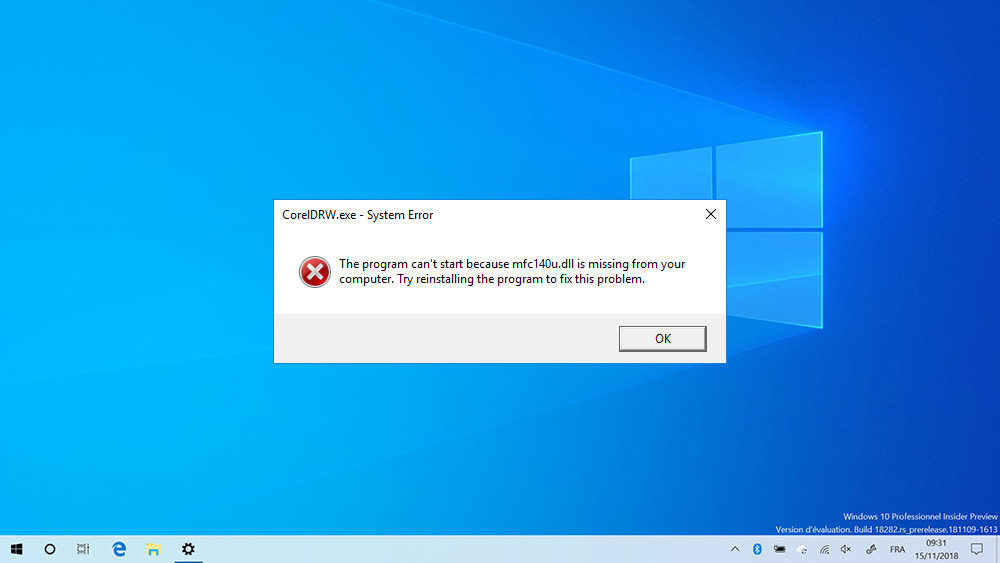Protect Your Privacy – Essential Data Privacy Services Explained
Ensuring Data Integrity with Comprehensive Privacy Services Ensuring data integrity through comprehensive privacy services is crucial in today’s digital landscape, where information flows incessantly across networks and platforms. As businesses and individual’s alike harness the power of data for innovation and efficiency, safeguarding this sensitive information has become paramount. Comprehensive privacy services encompass a range of practices and technologies designed to protect data at every stage of its lifecycle. At the forefront of these services is encryption, a fundamental tool that transforms data into a secure format that can only be accessed or deciphered by authorized parties. By employing robust encryption protocols, organizations can mitigate the risk of unauthorized access, ensuring that even if data is intercepted, it remains unreadable and protected. This layer of security is particularly vital for sensitive information such as personal identifiers, financial records, and proprietary business data. In addition to encryption, access control mechanisms play a pivotal role in maintaining data integrity. These mechanisms dictate that can access data, under what conditions, and for what purposes.

This minimizes the risk of insider threats and accidental breaches while preserving the confidentiality and integrity of sensitive information. Furthermore, data integrity is reinforced through rigorous authentication measures. Multi-factor authentication MFA has emerged as a cornerstone of modern cybersecurity, requiring users to verify their identity through multiple independent credentials before gaining access to systems or data. This additional layer of verification helps prevent unauthorized access, thereby safeguarding data from malicious actors seeking to exploit vulnerabilities in authentication processes. Comprehensive privacy services also encompass proactive measures such as regular audits and vulnerability assessments. These practices enable organizations to identify and rectify potential security gaps before they can be exploited. By conducting comprehensive audits of data handling practices and infrastructure, businesses can ensure compliance with regulatory requirements and industry standards while fortifying their defenses against emerging threats.
Minimizing the collection and retention of unnecessary data reduces exposure to risk while anonymizing data sets protects individual privacy by obscuring personally identifiable information. These strategies not only enhance data integrity but also demonstrate a commitment to ethical data stewardship and regulatory compliance. Lastly, The Data Privacy Blog comprehensive privacy services encompass robust incident response plans designed to mitigate the impact of data breaches or security incidents. Rapid detection, containment, and remediation are essential components of effective incident response, enabling organizations to minimize disruption and safeguard data integrity in the face of evolving cyber threats. In conclusion, ensuring data integrity through comprehensive privacy services is an ongoing commitment that requires vigilance, investment, and expertise. By leveraging encryption, access controls, authentication measures, proactive audits, data minimization, anonymization, and incident response planning, organizations can fortify their defenses against threats while upholding the trust and confidence of their stakeholders. In an era defined by digital transformation and increasing regulatory scrutiny, prioritizing data integrity not only safeguards sensitive information but also fosters innovation and sustainable growth in a connected world.







